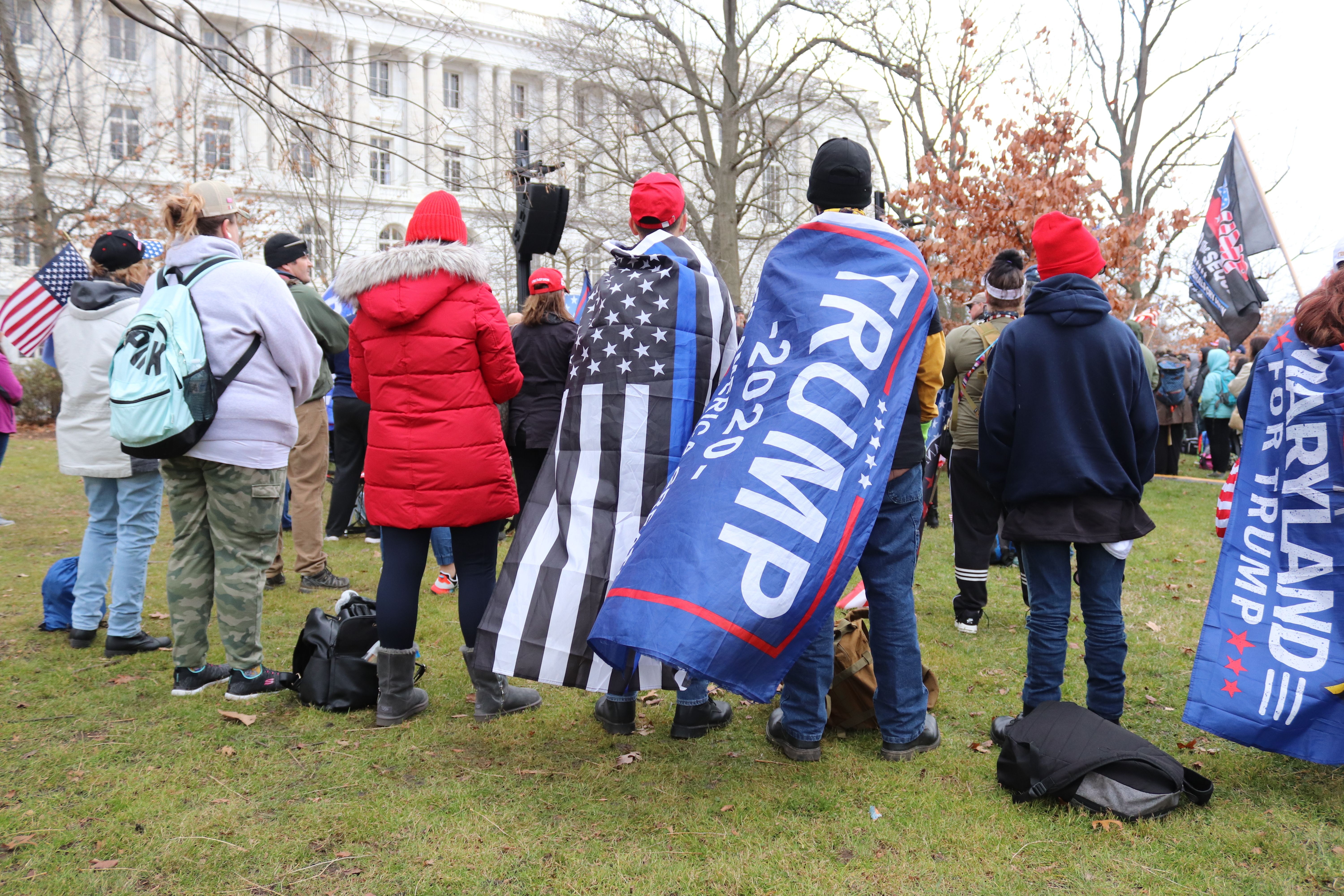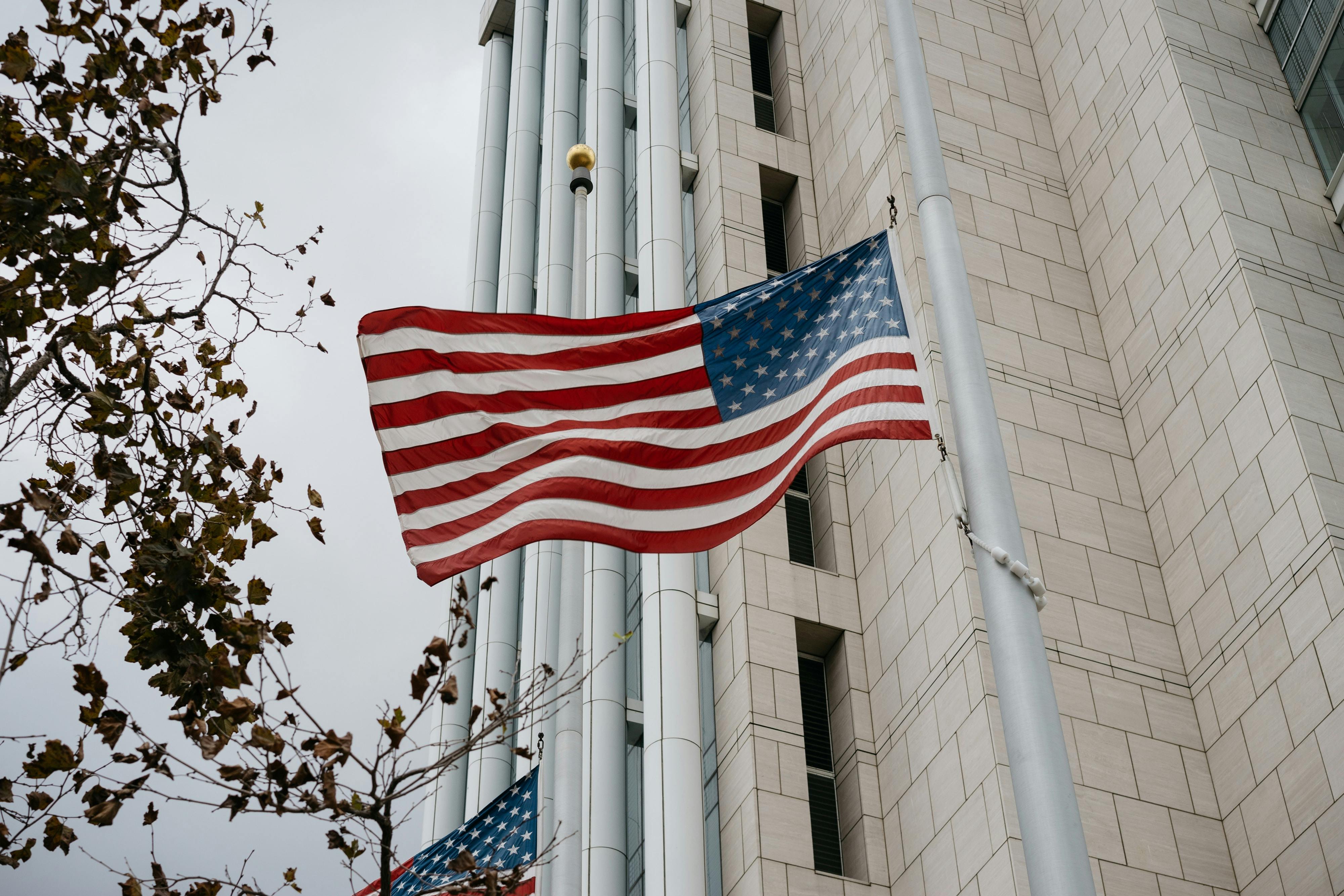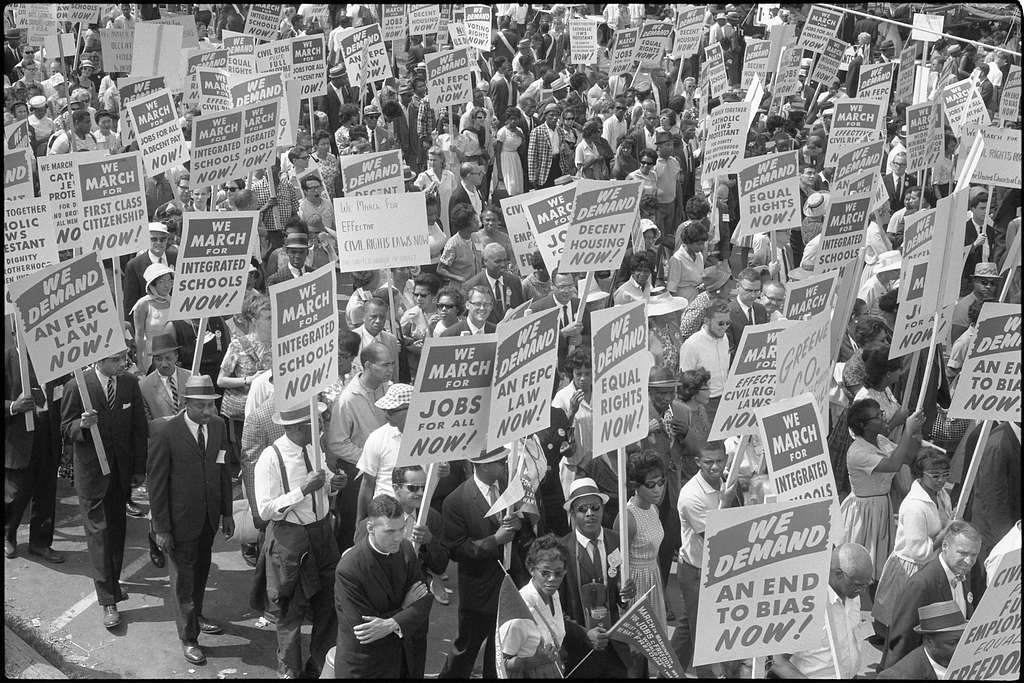Reading the Eastman Disbarment Recommendation

“John Eastman is the greatest threat to the far left’s regime of anarcho-tyranny.”
So wrote the law professor’s adult children in The Blaze on Easter Sunday, following a California bar court’s recommendation that Eastman lose his license to practice law. Eastman’s legal memos proved central to Donald Trump’s effort to illegally hold on to power following the 2020 election. But in the view of Eastman’s family, the professor’s travails are the result of unjust attacks by “the political establishment and the mainstream media.” Perhaps, their article suggests, Eastman’s persecution should be understood as analogous to that of Jesus—though, his children acknowledge, “it may seem a little heavy-handed to compare the work of Eastman and others to the passion and death of Jesus Christ.”
California State Bar Court Judge Yvette “Pontius Pilate” Roland issued her recommendation for Eastman’s disbarment even as bar authorities around the country continue to weigh how best to respond to other lawyers whose conduct contributed to the Jan. 6 insurrection.
The very day of Roland’s decision, former Justice Department official Jeffrey Clark was busy defending his own law license in a hearing before the D.C. Board on Professional Responsibility against charges brought by the district’s bar. And D.C. authorities are weighing a separate recommendation for the disbarment of Rudy Giuliani.
All this is taking place more than three years since the conduct at issue—a reminder that the institutional and political response to the insurrection is still unfolding, even after the shuttering of the House Jan. 6 committee in 2022 and after Trump has strewn rocks in the path of prosecutors seeking to bring criminal cases to trial in Fulton County, Georgia, and federal court in Washington, D.C.
The ranks of those who attempted to overturn the 2020 election include a striking number of lawyers, who leveraged their professional bona fides for anti-democratic ends—many, though not all, of whom are now facing disciplinary efforts from their respective state bars.
Of these, Eastman is among the most prominent. He emerged in the weeks and months after November 2020 as a regular media presence promoting claims of election fraud and representing Trump in court. He gave a stemwinder of a speech at the rally on the Mall that preceded the riot. But perhaps his most significant role was as part of the pressure campaign against Vice President Pence to upend the electoral count on Jan. 6, for which he provided a series of legal memos setting out the justification.
This activity earned Eastman attention from a variety of institutions investigating Jan. 6. The California bar first announced that it had filed ethics charges against him in January 2023. In the middle of Eastman’s bar trial, which took place intermittently between June and November of that year, Fulton County District Attorney Fani Willis indicted him—along with Trump and 17 other defendants—for his efforts to overturn the 2020 election. Special Counsel Jack Smith’s federal indictment of Trump over his role in Jan. 6 also treats Eastman as an unindicted co-conspirator.
Despite Eastman’s efforts to delay the disciplinary trial in the midst of these criminal proceedings, the case moved forward, and the California State Bar Court has now become the first judicial body to hold Eastman to account for his role in the insurrection. Recommendations for disbarment from California’s bar court are ultimately reviewed by the state’s supreme court for a final decision. Eastman has announced, however, that he will be asking the intermediary Review Department of the bar court to examine the recommendation first.
So the ultimate decision is still a ways off. Until then, Eastman is not eligible to practice law in California. On April 3, he filed a motion asking Judge Roland to stay her order suspending his license until the California Supreme Court weighs in, on the grounds that the suspension would “substantially prejudice” his current clients—including Republican Reps. Marjorie Taylor Greene of Georgia and Matt Gaetz of Florida, whom Eastman is representing in a puzzling lawsuit filed against two California cities after Greene and Gaetz’s fundraising events in those jurisdictions were canceled. (The lawsuit was filed in July 2023, when Eastman’s bar trial was already underway. In affidavits filed along with Eastman’s motion, the two members of Congress state that they were “fully aware of the California Bar proceeding then underway against Dr. Eastman” when they retained him.)
The disciplinary charges against Eastman are remarkable for incorporating and evaluating the full swath of his conduct following the 2020 election. As Roland put it,
This disciplinary proceeding boils down to an analysis of whether or not Eastman … acted dishonestly in his comments and advice given regarding the issue of whether then-Vice President Mike Pence … had authority to unilaterally reject certain states’ slate of electors and/or delay or recess the electoral count during the Joint Session of Congress on January 6, 2021, and the manner in which he pursued legal action aimed at obstructing the lawful electoral process.
Roland found that Eastman had indeed “acted dishonestly”—and that the “manner in which he pursued legal action” went beyond the scope of acceptable action for an attorney representing his client. Following the judge’s ruling, the bar’s chief trial counsel, George Cardona, commented that Eastman “repeatedly violated” his “duty to uphold the Constitution and the rule of law” and “did so in a way that threatened the fundamental principles of our democracy.”
The bar charged Eastman with one count of “failure to support the Constitution and laws of the United States” under Business and Professions Code § 6068(a); two counts of misleading a court under Business and Professions Code § 6068(d), concerning alleged misrepresentations in court filings; and eight counts of “moral turpitude” under Business and Professions Code § 6106.
While the majority of the charges of moral turpitude concern Eastman’s misrepresentations concerning election fraud or his promotion of indefensible legal analysis, the last charge focuses on what the bar alleged was Eastman’s role in provoking the assault on the Capitol through his remarks on the Ellipse on Jan. 6. Roland dismissed this count, finding that the bar “presented no evidence to show that Eastman’s statements contributed to the assault on the Capitol.” On every other charge, however, she ruled against Eastman, at least in part.
Notably, the judge rejected Eastman’s First Amendment defense against the charges seeking to hold him accountable for statements made to the public—on the Ellipse; in a podcast recording with Steve Bannon; and in an article published after Jan. 6, in which Eastman defended his conduct. In other disciplinary cases arising from the 2020 election, state bar authorities have generally confined themselves to policing private legal advice or conduct before a court. The California bar, by contrast, sought to extend its reach more broadly when it charged Eastman not only for his statements in court filings and legal advice but for comments to the public as well. This was not a winning strategy, although Roland ultimately found that the state’s interest in “protect[ing] the public, maintain[ing] the highest professional standards by attorneys, and preserv[ing] public confidence in the legal system … outweighs any potential free speech rights attorneys may assert in making false and misleading public statements.”
Still, Roland’s First Amendment analysis is somewhat perfunctory given the difficulty of the legal questions at stake, and it wouldn’t be surprising to see Eastman raise this challenge again before the Review Department. Given the strength of the bar’s case against Eastman on the charges that don’t touch on his public comments, it’s not clear that disciplinary authorities really needed to take this risk.
Perhaps most striking is Roland’s holding, in ruling that Eastman failed to support the laws and Constitution, that he likely violated 18 U.S.C. § 371, the general conspiracy statute under which Trump was charged in the Jan. 6 indictment. In the judge’s view, “The evidence clearly and convincingly proves that Eastman and President Trump entered into an agreement to obstruct the Joint Session of Congress by unlawfully having Vice President Pence reject or delay the counting of electoral votes on January 6, 2021.”
Roland’s ruling is actually the second time that a judge has found that Eastman likely engaged in criminal conduct around the 2020 election. The first came in March 2022, when Judge David Carter of the U.S. District Court for the Central District of California found it “more likely than not that President Trump and Dr. Eastman dishonestly conspired to obstruct the Joint Session of Congress on January 6, 2021.”
So far, Eastman has yet to face trial in criminal court for his role in Jan. 6. The sprawling Fulton County case has become tangled in disputes over the ethics of the district attorney’s office, and despite Eastman’s appearance as an unindicted co-conspirator in Smith’s indictment of Trump, he has not faced federal charges in that case. (It remains unclear if the grand jury convened to hear evidence in Smith’s Jan. 6 investigation is still extant or if Special Counsel Jack Smith might ultimately seek charges before a different one. This January, at a fundraiser for Eastman’s legal defense fund, Eastman told Lawfare’s Anna Bower in an interview that “[t]he latest I heard is that that grand jury went out of existence.”) Still, though, judges outside criminal court are making their views of Eastman’s conduct clear. It’s worth noting, too, that Judges Roland and Carter didn’t just hold that Eastman alone likely engaged in criminality—they both held that he did so in conspiratorial agreement with Trump.
Pondering the possibility of ethics charges against Eastman in October 2021, Lawfare Senior Editor Paul Rosenzweig suggested that any professional discipline of Eastman would turn on “whether or not to credit Eastman’s claim of good faith”: Did he really believe the arguments he was making? Here, Roland answers resoundingly in the negative. In some instances, she understands Eastman to have intentionally misled courts and misrepresented the facts, or to have been willfully blind to information that contradicted the story he wanted to tell about election fraud. She’s aided here by an astonishing volume of material indicating that Eastman was aware of the shoddiness of his own evidence and legal theories, such as emails in which he appeared to acknowledge the absence of “hard documented evidence” of voter fraud and described the illegality of a course of action under the Electoral Count Act that he would come to advocate only a few months later. In other instances, though, Roland takes the view that Eastman was merely grossly negligent—for which he can still be found to have committed moral turpitude under § 6106.
Eastman maintained throughout the proceedings that he had good reason to think, and really did believe, that there were potentially dispositive irregularities in the election. Yet at times, the absurdity of his assertions is such that the court seems to conclude that he couldn’t possibly believe what he was saying. In other words, the judge seems to be saying, Eastman can’t possibly be that bad of a lawyer. But this can also be understood as a defense of the rule of law against Eastman’s nihilism: Words mean things and facts have value, whether he likes it or not. “Eastman … asserts that he held a sincere, honest, good faith belief in the truth of his statements based on his knowledge and understanding at the time,” writes Roland at one point. “The court does not consider Eastman’s beliefs to be sincere, honest, or credible.”
But Eastman is sticking to his guns. According to a statement from his counsel following the court’s ruling, he “maintains that his handling of the legal issues he was asked to assess after the November 2020 election was based on reliable legal precedent, prior presidential elections, research of constitutional text, and extensive scholarly material.” In their Easter article, his children write that their father—like Jesus persecuted for his teaching of the Gospels—“has been betrayed and indicted for speaking up about election illegality and fraud.”
Here, Eastman is not alone. Giuliani also maintained the justifiability of his concerns about voter fraud over the course of his bar proceedings in D.C., at one point identifying the conspiratorial Dinesh D’Souza film “2,000 Mules” as evidence of election irregularities. Similarly, in Jeffrey Clark’s ethics trial—which is ongoing this week—Clark’s defense has incorporated testimony from a variety of figures who have made their names in recent years by promoting unsubstantiated theories about the 2020 election. These include a Colorado activist who runs an organization funded by MyPillow CEO Mike Lindell and whom a Colorado news outlet identified in videos of violence outside the Capitol on Jan. 6.
Viewed alongside one another, the proceedings against Clark and Eastman suggest what bar discipline can offer as part of the continued response to Jan. 6. Compared to criminal prosecution—or, for that matter, the mortification of the flesh, the donning of a crown of thorns, and crucifixion—a bar proceeding may seem to be small potatoes. But there’s value in having a range of institutions—congressional committees, prosecutors at the state and federal levels, and, yes, bar authorities—take a stand in defense of democracy, especially given the floundering of more ambitious efforts in criminal court. If Jan. 6 and the preceding months are understood as an attack on the rule of law, then bar authorities, even within their limited role as enforcers of professional ethics, are well positioned to respond. And crucially, if the recommendation for Giuliani’s and Eastman’s disbarments are upheld, perhaps attorneys in the future will be a little less willing to bend the rules in service of anti-democratic outcomes. Trump’s lawyers in the criminal cases, notably, have carefully walked the tightrope of arguing that their client legitimately believes certain risible things—that he won the 2020 election, for example—without actually advocating themselves that these things are true.
At the same time, though, disciplinary authorities seem conscious of the mismatch between the limited tools available to them and the enormous magnitude of the misconduct at issue. If someone really was involved in an effort to end democracy in America—and might conceivably be involved in another such effort, come November—how much can going after their bar license really address the problem? This sense of being outmatched seeps through in Roland’s ruling when the judge notes that she could not “find any controlling case law directly on point or substantially analogous to the facts of this case.” (You don’t say!) The closest she can get is the case of Donald Segretti, whose dirty tricks in support of Richard Nixon’s 1972 campaign became public as a result of the Watergate scandal, and whose law license was suspended for two years by the California bar as a result.
Similarly, during a hearing in the Giuliani case, the hearing committee voiced uncertainty as to whether Giuliani’s disbarment could be justified given that comparable cases had resulted in suspensions from the practice of law for 30 or 90 days. One such case involved a lawyer who demanded $67 million in damages over a dry cleaner’s alleged loss of a pair of pants. “From 90 days to disbarment is quite a leap, isn’t it?” asked Robert Bernius, the hearing committee chair.
“I agree with you 100 percent,” said Disciplinary Counsel Hamilton Fox. But, he suggested, he didn’t think that “an extremely frivolous complaint over a lost pair of pants compares with violating the basic oath that we all take to support the Constitution.”
One suspects that however much Fox rejects analogizing Jan. 6 to the case of the missing pants, he would prefer it to the Eastman children’s comparison of their father’s travails to the Passion.





